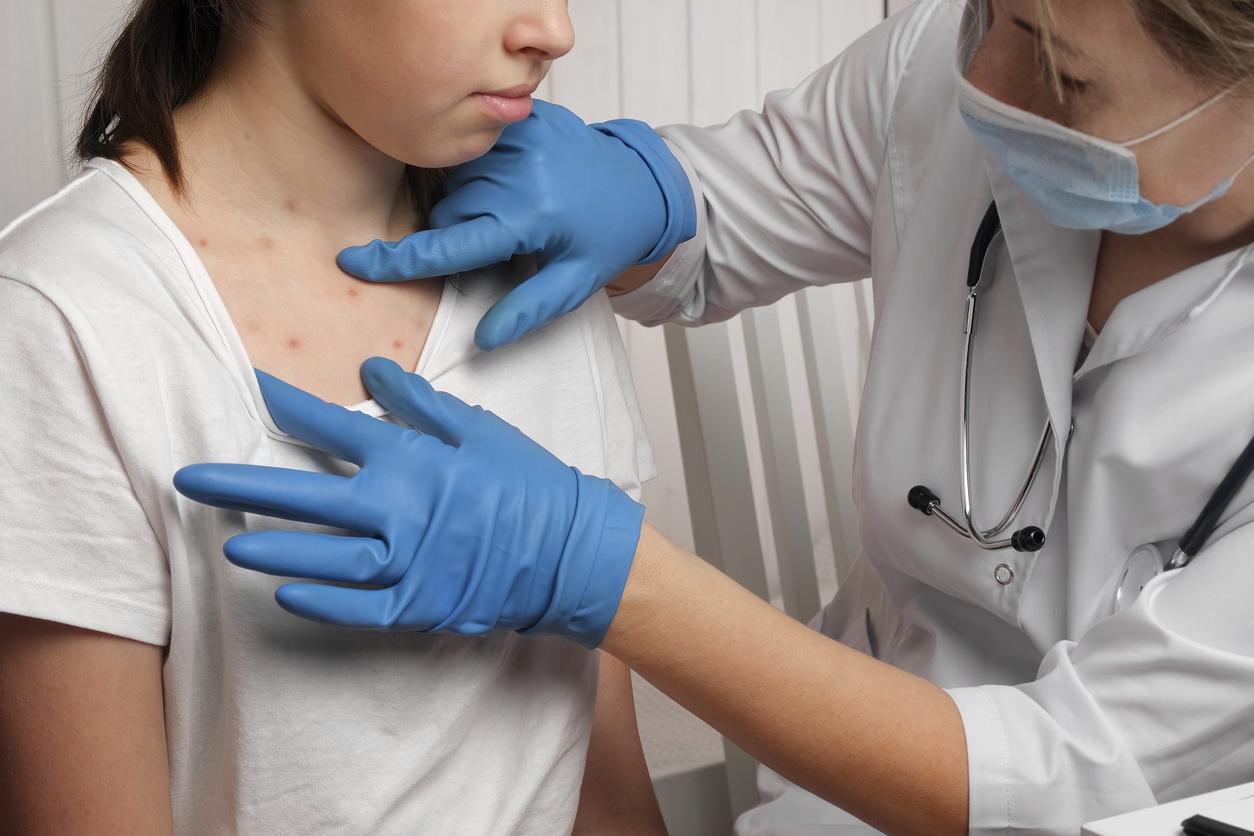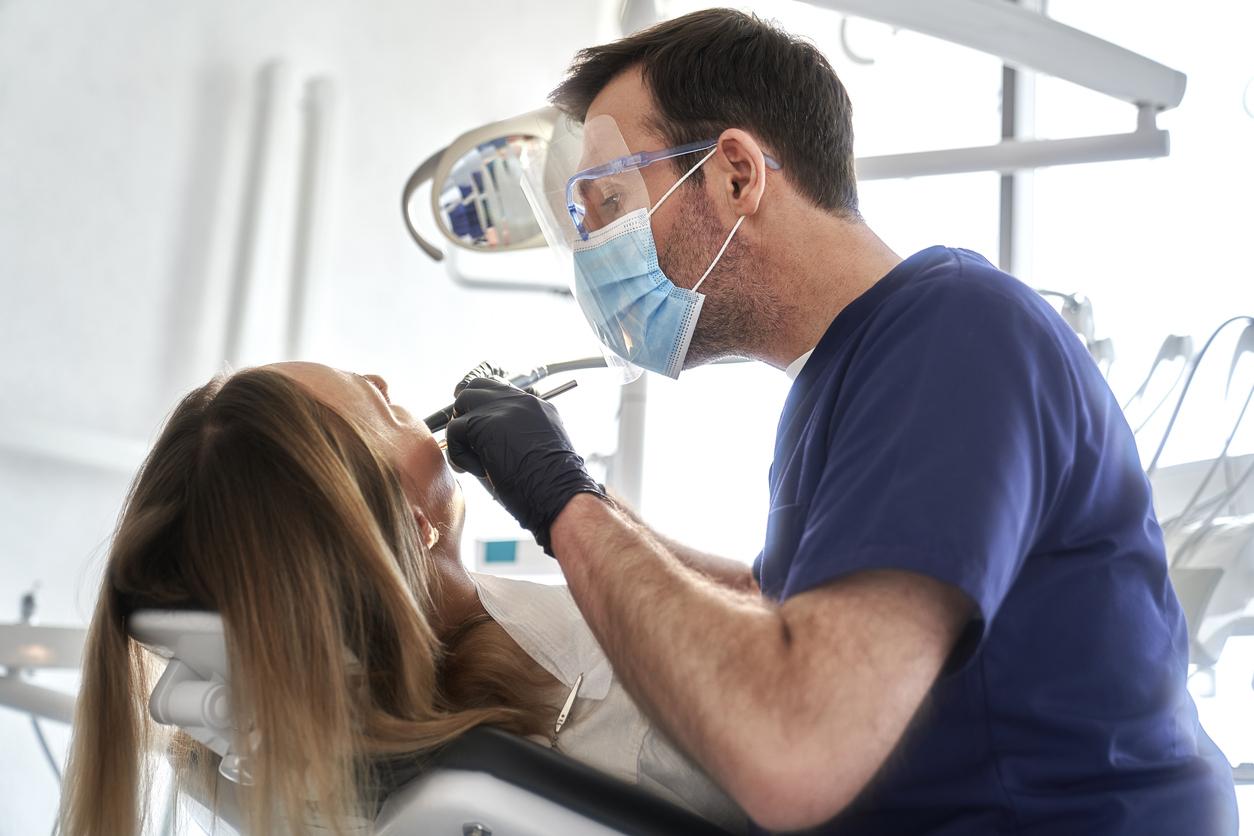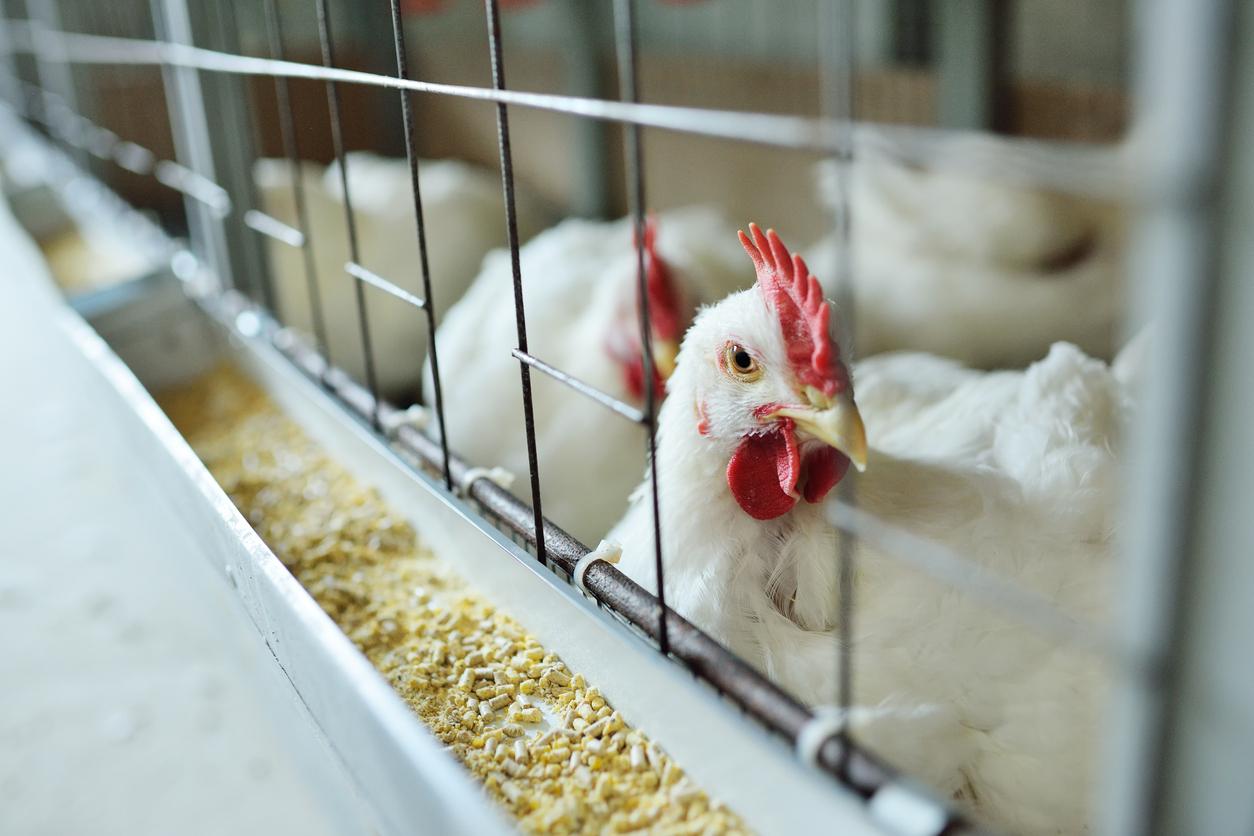According to a European report on salmonella contamination in kebab meat, more than half of the cases took place in France.

- France has recorded the highest number of cases of salmonella infections in kebabs made from chicken meat compared to other countries in Europe.
- Salmonella are bacteria that can cause foodborne infection.
- It mainly results in gastroenteritis, but hospitalizations have taken place in certain cases of contamination identified following the consumption of kebabs in France.
It’s a first place that we would have done well without. According to statistics from the European Center for Disease Prevention and Control (ECDC)France is the European champion for salmonella in kebab meat.
Contaminated kebabs: more than a hundred cases of salmonella infection in France
Indeed, of the 210 cases of salmonella contamination identified in Europe following the consumption of kebab meat, more than half occurred in France. Thus, there have been 111 cases since 2017. The Netherlands, with 34 contaminations, are also present on the podium, followed by Great Britain (32 cases).
“Available information from case interviews, traceability investigations and whole genome sequencing (WGS) cluster analysis showed that kebab meat products containing contaminated chicken meat are the likely vectors infections“, said the ECDC.
However, the Center does not have “batch numbers of contaminated kebab products or information on Salmonella testing“so the source or sources of the infections could not be established.
Salmonella infection has landed many kebab consumers in hospital
Salmonella are bacteria that can cause a foodborne infection: salmonellosis, one of the most widespread poisonings in Europe.
Food of animal origin can be contaminated and contaminate the environments (kitchen, preparation room, workshop, etc.) and the people who handle them (cook, handler, etc.), indicates the‘Anses. Most of the time, this infection is mild and does not require antibiotic treatment. It is manifested by sometimes acute gastroenteritis but can, however, under certain conditions, take on more serious forms requiring hospitalization of the patients.
In the case of the infected kebabs, the contaminations did not lead to any deaths but many people had to be hospitalized. According to ECDC figures, “hospitalization rates ranged from 16% in the UK to 29% and 38% in France and Germany respectively“.
The ECDC clarifies that the number of confirmed cases represents only a tiny fraction of all the infections that have actually taken place.

















